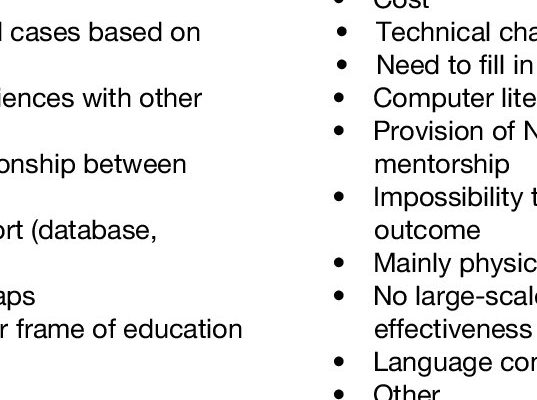Advantages & Disadvantages of a Computerized Database

A computerized database is a technological tool that stores organized and structured data in an electronic format. Computerized databases are widely used for data management in various fields such as healthcare, finance, and education, among others. It is essential to understand the advantages and disadvantages of computerized databases before integrating them into their respective fields.
Advantages of Computerized Databases
1. Accuracy and Consistency
One significant benefit of a computerized database is the accuracy and consistency of the data. Data entered into the system is validated and updated automatically, ensuring that it is accurate and up-to-date. This feature removes the possibility of human errors that can occur when data entry is done manually.
2. Easy Access and Retrieval
Another significant advantage of a computerized database is easy access and retrieval of data. With computerized databases, users can easily access and retrieve data through a search feature using keywords, categories, or other search criteria. Retrieving data manually is time-consuming and requires human intervention.
3. Improved Data Security
Computerized databases offer improved data security by storing data in a centralized location that is accessible only to authorized users. Data can also be encrypted, ensuring that it is not accessible to unauthorized users. The use of computerized databases minimizes the risk of data loss or unauthorized use of data.
4. Cost-effective
The use of computerized databases reduces costs associated with manual data entry, storage, and retrieval. The technology requires minimal maintenance, and the cost of hardware and software required for operation is continually decreasing, making it a cost-effective solution for data management.
Disadvantages of Computerized Databases
1. Technical Failure
Computerized databases are vulnerable to technical failures caused by hardware or software malfunctions leading to data loss or corruption. Technical glitches can also cause downtime, leading to a loss of productivity and revenue.
2. Initial Cost and Training
Setting up and implementing a computerized database can be costly, particularly for small businesses or organizations. Additionally, staff members require training on how to operate the system effectively, leading to additional training costs.
3. Dependence on Technology
The use of computerized databases means organizations are entirely dependent on technology for data management. In the event of technical issues, the organization may face significant losses if no contingency plan is in place.
4. Security Risks
Computerized databases are vulnerable to security breaches such as hacking, viruses, and cyber attacks. These attacks can result in data loss, identity theft, or other serious consequences.
Conclusion In conclusion, computerized databases offer significant benefits to organizations that use them. These benefits include accuracy, consistency, easy access and retrieval, improved data security, and cost-effective data management. However, organizations should also consider the drawbacks of computerized databases, such as technical failure, initial cost and training, dependence on technology, and security risks. It is essential to weigh the advantages and disadvantages before turning to computerized databases for data management.




